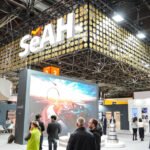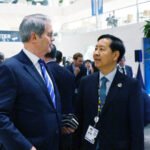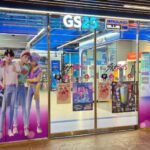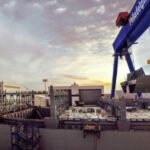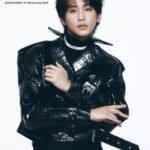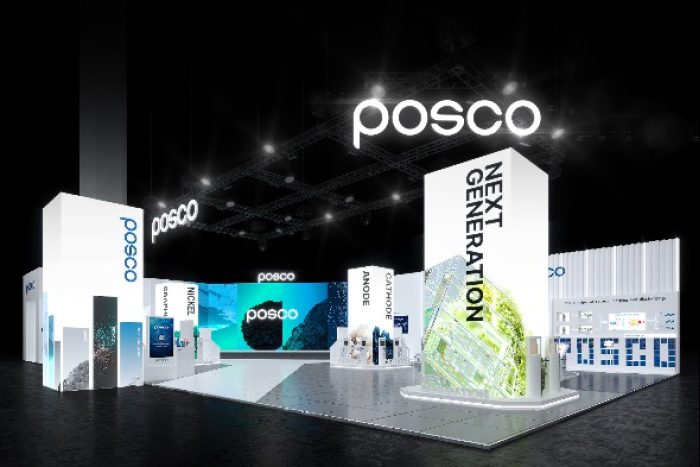
POSCO Future M Co., South Korea’s leading battery materials maker, has bagged a 671 billion won ($470 million) deal to supply anodes to a US automaker, its largest such deal to date, as global electric vehicle and battery makers race to diversify supply chains away from China amid tightening US trade curbs.
The four-year agreement, covering shipments from October 2027 through September 2031, could be extended to 10 years, potentially boosting its value to 1.5 trillion won, the company announced in a regulatory filing Monday.
The original deal already accounts for 18.1% of the company’s total sales last year.
POSCO Future M didn’t disclose the buyer, but industry officials said it is one of the major American finished carmakers reworking their battery sourcing in response to new US restrictions targeting Chinese materials.
The deal marks a breakthrough for POSCO Future M, the only large-scale non-Chinese name capable of manufacturing both natural and synthetic graphite anodes, a key battery component that determines an EV battery’s lifespan and charging speed.
TRADE WAR RESHAPES BATTERY SUPPLY LINES
China dominates more than 80% of the global graphite anode supply market. POSCO Future M ranked 11th last year with a 1.3% share, according to SNE Research.
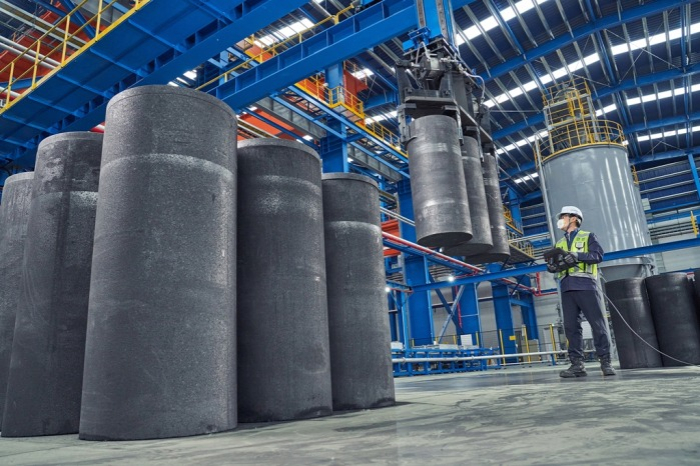
“Apart from smaller Japanese producers like Mitsubishi Chemical, POSCO Future M is effectively the only non-Chinese firm able to produce anodes at scale,” said an industry official. “That makes it a clear beneficiary of the US-China trade standoff.”
Washington has tightened restrictions on Chinese battery materials, imposing steep tariffs and linking EV tax credits to sourcing rules under the Inflation Reduction Act (IRA). Starting in 2027, vehicles using Chinese graphite will lose eligibility for federal subsidies under the IRA.
Beijing, in turn, recently added graphite and related equipment to its export license list, raising concerns over supply delays and export limits.
Under China’s accelerated weaponization of critical minerals and natural resources, global carmakers are projected to rewire their supply chains, said industry observers, noting POSCO Future M’s integrated chain makes it one of the few viable alternatives.
REDUCING RELIANCE ON CHINA
POSCO Future M has spent the past few years positioning itself for this moment.
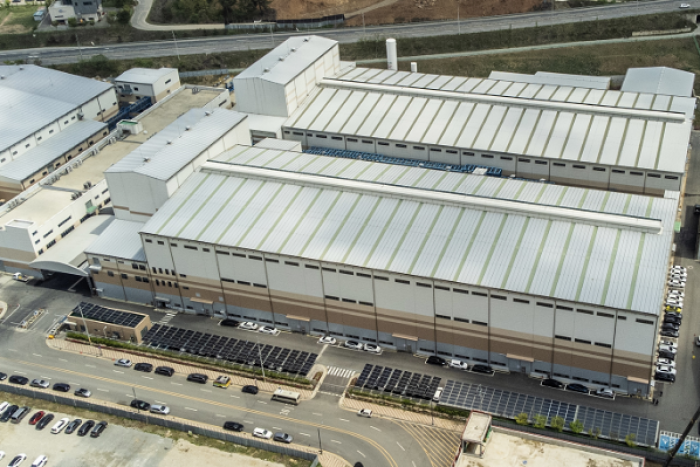
The company has invested heavily to localize battery materials production and build a fully independent anode value chain covering sourcing to processing.
In April, it decided to set up a new subsidiary, Carbon New Materials Co., with a 396 billion won investment to produce spherical graphite, a refined form of natural graphite used in anodes.
The move marked the first major effort by a Korean company to replace Chinese imports, which currently account for all of Korea’s spherical graphite supply.
In March 2024, it also signed a supply agreement with Australia’s Syrah Resources, which operates one of the world’s largest graphite mines in Mozambique, to diversify raw material sources.
Natural graphite from Africa will be processed at its facilities in Korea, while synthetic graphite will be made from steelmaking byproducts such as coke.
A new intermediate graphite plant in Saemangeum, Jeolla Province, is set to anchor that supply chain.
SCALING UP CAPACITY AND CAPITAL
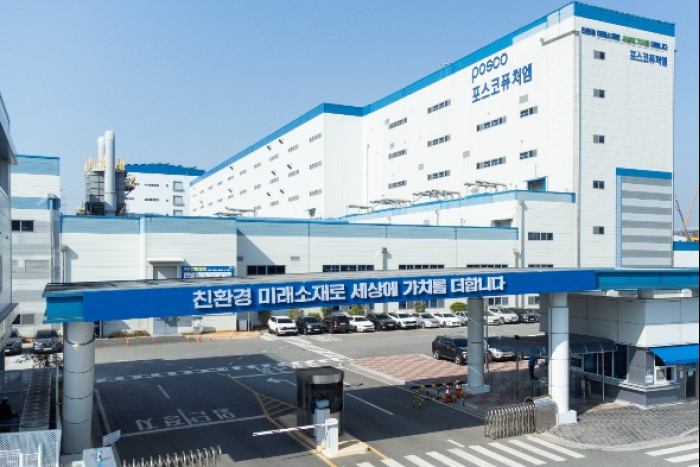
POSCO Future M is rapidly expanding its synthetic graphite production in its Pohang complex, the only such facility in Korea, using coal tar derived from its parent company POSCO Holdings Inc.’s steel operations.
Capacity will more than double to over 18,000 tons by the end of 2025 as part of a broader 12.1 trillion won investment plan in its secondary battery business by 2027.
In May, the company raised 1.1 trillion won through a rights offering to fund its cathode joint venture with General Motors Co. in Canada and expand its Korean anode and cathode facilities.
Through affiliates including POSCO-Pilbara Lithium Solution, the group is building a vertically integrated battery materials network spanning lithium, nickel, precursors, cathodes and graphite anodes.
Analysts expect more US car and battery makers to turn to POSCO Future M as Washington’s decoupling drive accelerates.
The company has so far supplied its battery materials to Korea’s top three battery makers – LG Energy Solution Ltd., SK On Co. and Samsung SDI Co. – and Japan’s Panasonic.
By Woo-Sub Kim
duter@hankyung.com
Sookyung Seo edited this article.

